Search
 News
News
Patients with Intractable Headaches Find Relief at the UCSF Inpatient Headache Unit
UCSF Inpatient Headache Unit treats patients with headache disorders through intravenous infusions of medications such as dihydroergotamine, chlorpromazine and valproate. Patients experiencing frequent and severe migraine, cluster, post-traumatic and other headaches have had their pain alleviated through this service, which is offered by the UCSF Headache Center.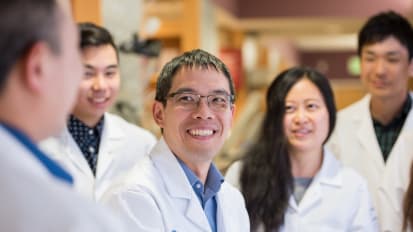 News
News
UCSF’s Lawrence Fong, MD, Earns NCI Award for Cancer Immunotherapy Research
The National Cancer Institute (NCI)has honored Lawrence H. Fong, MD, leader of the UC San Francisco Cancer Immunotherapy Program, with an Outstanding Investigator Award (R35).These awards support investigators who have significant records of productivity in cancer research with multiyear funding for projects of exceptional potential.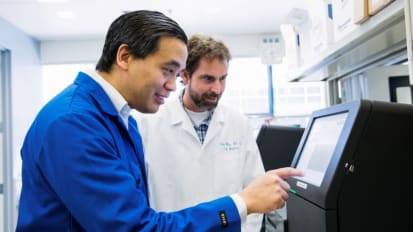 Video
Video
Clinical UCSF mNGS Assay for Diagnosis of Neurological Infections
Despite extensive conventional testing, acute neurological illness in hospitalized patients is difficult to diagnose. Charles Chiu, MD, PhD, discusses an mNGS test that identifies pathogens causing neurological infections from cerebrospinal fluid and how a recent multi-hospital study has demonstrated the clinical utility of this test. News
News
Why Has Progress in the Treatment of Alzheimer’s Disease Taken 30 Years?
UCSF expert examines the past and future of clinical trials for Alzheimer’s Disease. Video
Video
Endocrine Tests: Keys to Interpreting Results and Identifying Issues
Neuro-endocrinologist Lewis S. Blevins Jr., MD, a specialist in pituitary disorders, breaks down the complexities of hormone levels, with wisdom on how various conditions typically look both in terms of symptoms and test results.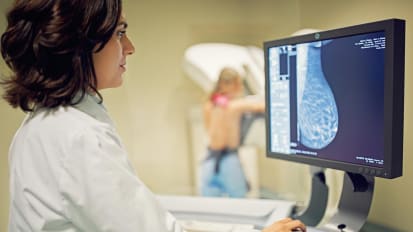 News
News
Inclusion of New Risk Factors Can Improve Prediction of Invasive Breast Cancer
UCSF researchers update Breast Cancer Surveillance Consortium model to account for BMI and other familial risk factors.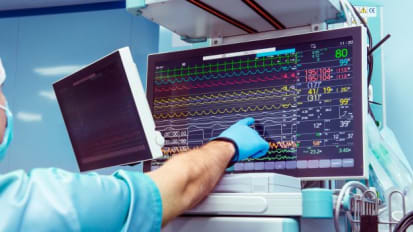 News
News
Tiny, Focused Shocks Help Many Patients Overcome Heart Arrhythmia
Pulsed field ablation uses a series of tiny electrical pulses to destroy the tissue causing the arrhythmia. The procedure takes an hour or less, compared to three or four hours for conventional treatment. Video
Video
Lumbar Fusion: Strategies to Lower Complications and Optimize Corrections
Focusing particularly on the needs of obese patients, neurosurgeon Aaron Clark, MD, PhD, discusses anterior and lateral approaches to lumbar interbody fusion. News
News
Enhancing MRI with AI to Improve Diagnosis of Brain Disorders
At the intersection of AI and medical science, there is growing interest in using machine learning to enhance imaging data captured by magnetic resonance imaging (MRI) technology. Video
Video
Managing PCOS with a Comprehensive Care Plan
Heather Gibson Huddleston, MD, details the comprehensive care plan for polycystic ovary syndrome (PCOS) used at the UCSF Center for Reproductive Health. Video
Video
Uterine Fibroids Conclusions
Dr. Jeannette Lager concludes her presentation on uterine fibroids by recapping the types and classifications, common presentations and medical treatment options.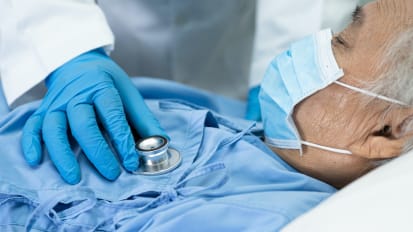 Video
Video
Care of Geriatric Patients in the Time of COVID-19
UCSF geriatrician and pulmonologist Leah Witt, MD, discusses how to identify high-risk senior patients, the most common course of the disease, useful monitoring methods and important follow-up on hospitalized patients after discharge. Video
Video
A Guide to GERD: Managing Symptoms and Complications of a Common Condition
With gastroesophageal reflux disease affecting 40% of the U.S. population every month, primary care providers need a straightforward plan for initiating therapy, as well as an up-to-date understanding of causes and treatment complications.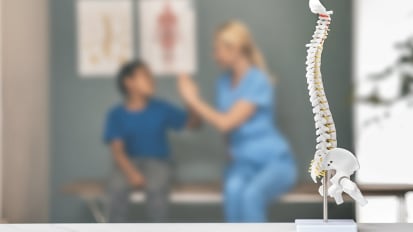 Video
Video
Pediatric Spondylolisthesis: Identifying Surgical Candidates and Selecting the Approach
In a talk with relevance for both adult and pediatric spinal care providers, orthopedic surgeon Sigurd Berven, MD, discusses complex decisions on whether and how to treat a child with high-grade spondylolisthesis.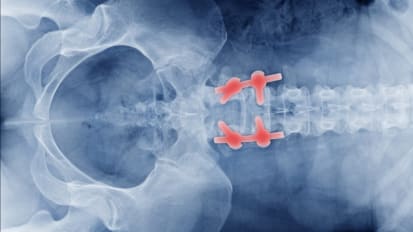 Video
Video
Complex Spine Surgery: Secrets of Successful Closure
Dr. Scott Hansen discusses techniques, options and strategies to stabilize soft tissues and prevent post-op wound complications, even in the most challenging cases. News
News
UCSF Surgical Oncologists Providing New Treatment Options for Patients with Metastatic Gastrointestinal Cancers
UCSF Health’s surgical oncology team is a Bay Area leader in an innovative chemotherapy infusion pump used to treat patients with widely metastatic colorectal and bile duct cancers that have spread to the liver and are no longer considered operable.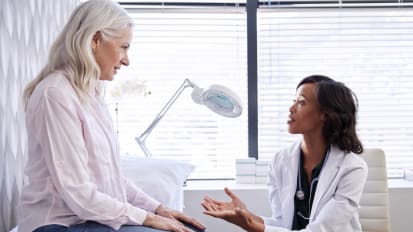 Video
Video
Screening for Cervical Cancer: New Evidence on Options and Outcomes
Gynecologic oncologist Megan Swanson, MD, MPH, deciphers recent changes to cervical cancer screening guidelines and uses the data to illuminate the relative value of test options – Pap smears, detection of high-risk HPV strains, or both tests together.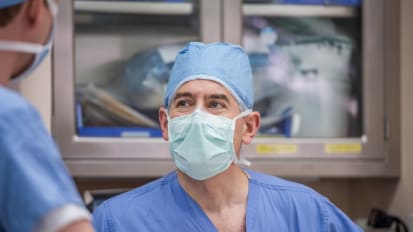 News
News
Deep Brain Stimulation for Medication-Resistant Dystonia: A UCSF Case Study
A 10-year-old boy developed left-foot inversion, which made it difficult for him to walk. He subsequently developed a tremor in his right arm, and then his neck and trunk began to twist. He was seen by several practitioners but did not get a correct diagnosis. At age 17, he was referred to the UCSF Movement Disorders and Neuromodulation Center. News
News
Why Do Some Brain Regions Resist Alzheimer’s?
UCSF researchers create "Google Maps” for how tau moves in the brain of Alzheimer’s patients.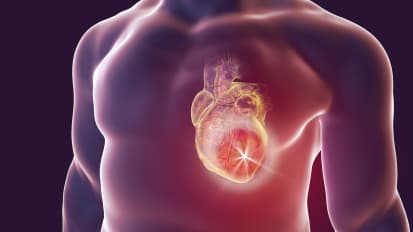 Video
Video
Hypertrophic Cardiomyopathy: What's All the HYPE?
Theodore Abraham, MD, discusses hypertrophic cardiomyopathy (HCM) a genetic heart disease in which the myocardium becomes abnormally thick. News
News
UCSF Internal Medicine Specialist Celebrated for Diabetes Epidemiology Research
Alka M. Kanaya, MD, UC San Francisco primary care physician and researcher, has been honored with the 2023 Kelly West Award for Outstanding Achievement in Epidemiology from the American Diabetes Association (ADA).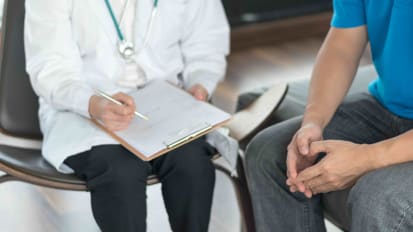 News
News
UCSF Offers Growing Options for Focal Therapy in Prostate Cancer
In its commitment to tailoring prostate cancer treatment to the needs of each patient, UC San Francisco’s Department of Urology uses focal therapy as an important option for men with clinically significant cancers that are located in one region of the prostate.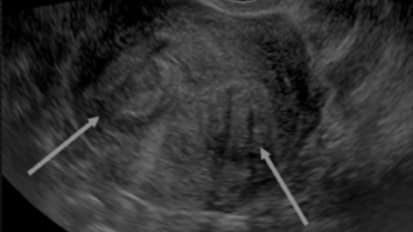 Video
Video
Evaluation & Common Presentation of Fibroids
Dr. Jeannette Lager examines the presentation of fibroids in ultrasound, MRI and CT imaging. News
News
Sorting Cancers by “Immune Archetypes” Represents Potential New Approach to Developing Precision Immunotherapies
Using data from over 300 patient tumors, UCSF researchers have described 12 classes of “immune archetypes” to classify cancer tumors. Their findings, published today in CELL, reveal that cancers from different parts of the body are immunologically similar to one another. These classifications provide unique strategies for enhancing each patient’s choice of cancer immunotherapies.

